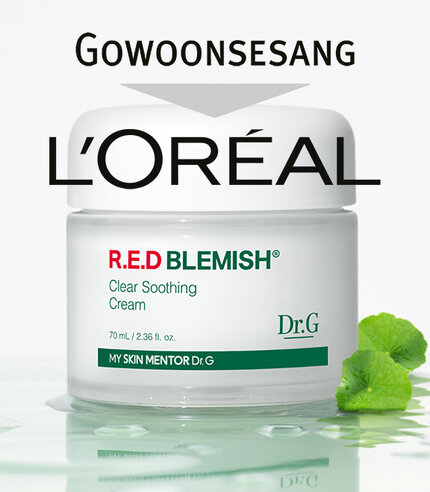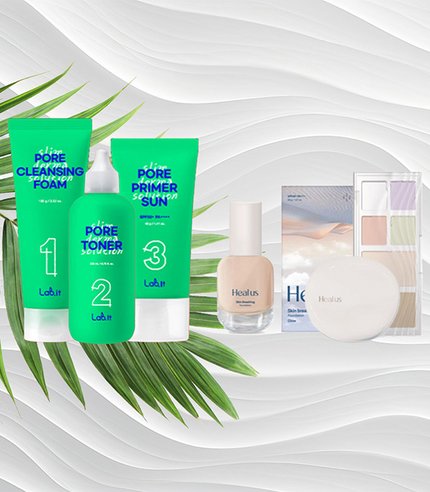It has to protect the product against environmental influences, be handy and practical and also present the product in an appropriate manner. After all, if packed unattractively or inappropriately, even great products stay on the shelves. Today, the environmental compatibility of packaging is also becoming increasingly important, which means that the manufacturer is assuming great ecological responsibility in this field, too.
Switch from plastic bottles to refillable pouches
The Mibelle Group is the Swiss manufacturer of cosmetics and personal care products, detergents and cleaning agents, as well as butter, fats and margarines for Migros. Some 3.8 million liquid-detergent items pass through the filling lines each year and these used to be packaged predominantly in plastic. However, more than ten years ago, the company completely replaced the plastic bottles used to package these products with refillable pouches. Soon afterwards, shower products and liquid soaps were also offered in refillable pouches.
A positive result for the environment
The switch to refillable pouches led to a significant reduction in packaging weight as about 75% less packaging material is now used than for bottles. In addition, as documented in a current study carried out by PE INTERNATIONAL AG, 25% fewer CO2 emissions are generated during the entire value-added chain of a refillable pouch compared with that of a plastic bottle.
With this remarkable result, the Mibelle Group is making an important contribution to Migros’ sustainability principles, which apply to a product’s entire value-added chain (from purchasing/production through to disposal).







